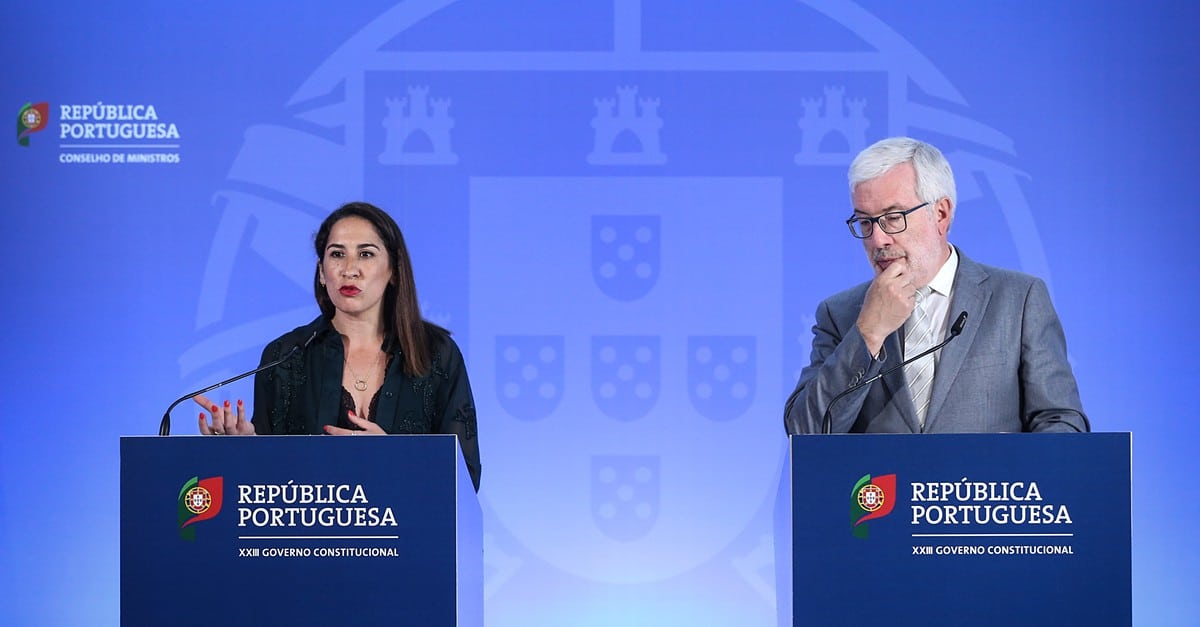To address the “slowness and complexity” of the processes, the government announced today measures to streamline the construction of housing, including the elimination or exemption of certain licenses.
In a joint presentation with the Secretary of State for Digitization and Administrative Modernization, Mário Campolargo, in Algés, the Minister of Housing, Marina Goncalves, stated that these measures address “six major issues.”
According to the minister, the measures are part of the More Housing program and are intended to address the complexity of licensing processes, the slowness of required opinions, the ambiguity of municipal regulations, obsolete procedures that are difficult to validate by human means, the complexity and expense of the law, and the scarcity of land for housing.
Mário Campolargo announced in his speech that there will be new exemption cases, eliminating the building permit and the use authorization, with the latter being replaced by “a simple prior communication.”
The secretary of state also argued that the standardization of municipal procedures and documents is “extremely crucial.”
For her part, the minister affirmed that procedures must always adhere to quality and sustainability standards.
Marina Goncalves announced the creation of a model of tacit deferment for the decisions of town halls, which ensures the approval of requests if municipalities fail to meet legal deadlines.
The minister also addressed the establishment of “compulsory procedural and single act” conferences for projects of Potential National Interest that involve an investment exceeding 25 million euros or are financed by European funds or the Recovery and Resilience Plan (PRR).
The measures also apply to municipal regulations, with the legislator now defining “in a more exhaustive manner what municipal regulations can provide for” and the obligations that can be demanded of entities.
The repeal of “excessive requirements” in housing construction is also on the table.
“Here, we are working to repeal all of the procedural requirements that currently exist in a diploma that should serve only for technical requirements, as well as to eliminate some of the excessive requirements that were imposed with regard to the type of kitchen or the necessities or requirements of the bathrooms,” the minister added.
As for the land, Marina Goncalves stated that in addition to the previously announced possibility of converting land and buildings currently used for commerce and services to housing, “there is also a possibility of reclassification, in a more straightforward manner, from rustic soil to urban soil, in those areas adjacent to urban soil.
Mário Campolargo also announced the creation of a ‘online’ platform that, “in addition to simplifying and centralizing the submission of applications in a single location,” will allow citizens to check the status of processes and deadlines, receive electronic notifications of notices, and obtain exemption certificates from urban planning procedures.
“In addition to these advancements, and focusing more on the area of digitization, one of the major advancements that will occur will be the use of BIM, an English acronym for Building Information Modeling, a working methodology, if I may put it that way, that uses the 3D model to represent and manage information about a building or an infrastructure,” he added.
These measures, according to the two governors, are the result of consultations with the entire sector, including municipalities, designers, and contractors.









